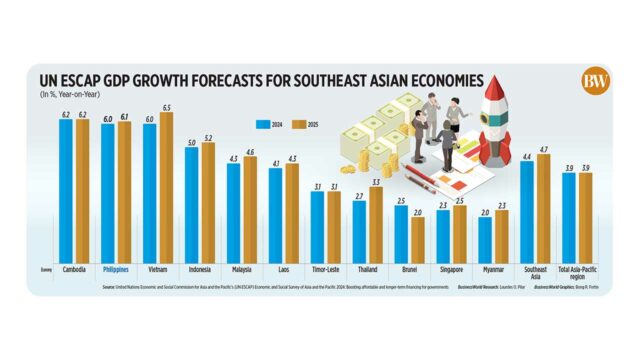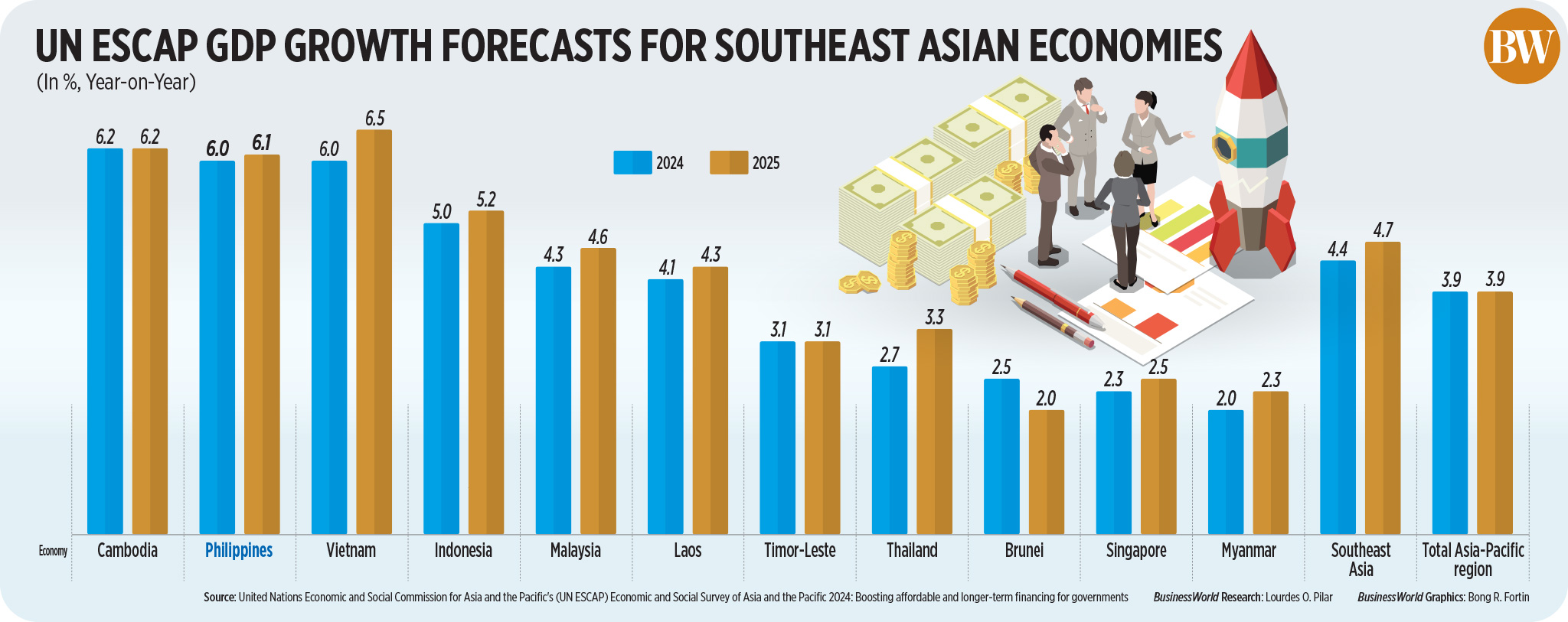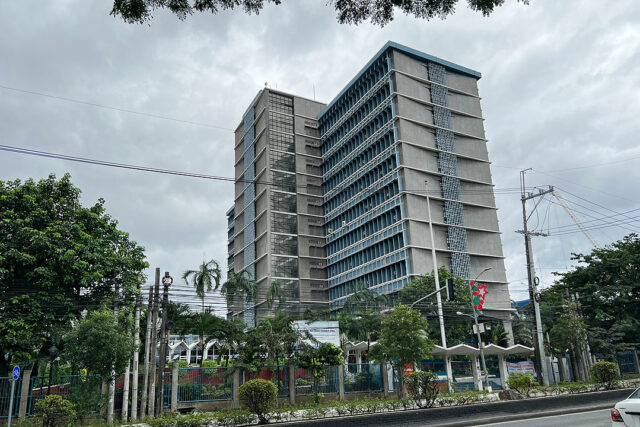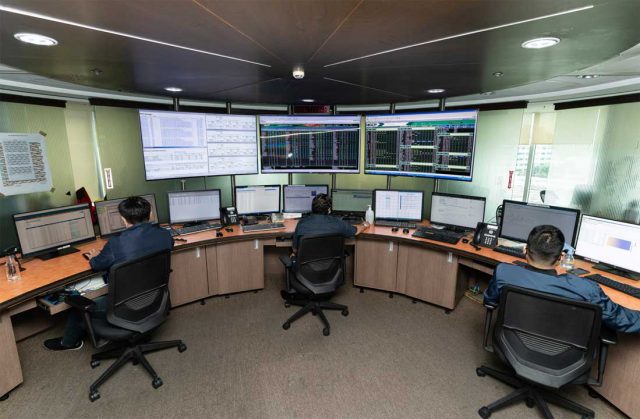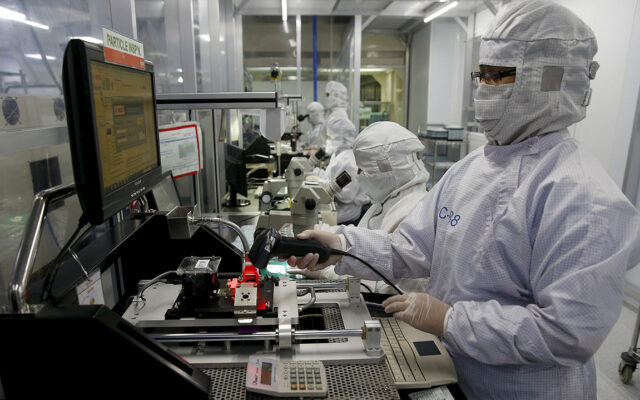What to do when seeking a promotion
After working as a supervisor for the past 10 years, I believe I’m ready to be promoted to a managerial post. What’s the best approach? Should I formalize my request? — Ready to go.
None of the above. The best approach is for you to establish a consistent, above-average performance for at least five years before asking for a promotion. You must also establish that you possess certain skills that are difficult to find elsewhere. Focus on these two things. And don’t even attempt to say you deserve a promotion after 10 years. That would sound entitled.
Katy Evans is right: “Don’t talk, act. Don’t say, show. Don’t promise, prove.” In other words, it’s better that your performance do the talking and let your boss reciprocate. After all, no boss in his right mind would ignore an impressive track record.
Theoretically, you must also understand the basic meaning of a performance management system (PMS) which I suppose is present in your organization in various forms: One, as a strategic link between an employee’s career goals and his track record with the organization’s vision, mission, and values. Two, as an administrative reference for merit pay increase, promotion, demotion, discipline, and up to the termination of employment. And three, as a developmental tool to help managers and their direct reports develop their maximum potential or overcome shortcomings through training or other progressive tools.
PMS, as an evaluation and feedback mechanism, provides an opportunity for a formal interaction between a boss and his direct reports. That’s the only thing I can think of, if and when you decide to proceed to stay in the same organization.
OTHER OPTIONS
What if you decide to stay, say for another two or three years, and exceed the boss’ expectations, but still no promotion is forthcoming. What’s next? There are two options — ask for an inter-department transfer or resign. That’s assuming there’s another department willing to accept you and there’s a job offer somewhere.
Before doing anything, I suggest talking with your boss. It’s possible that they don’t care about you. Or, they too may be suffering from the same problem as you’ve been experiencing. It’s either that your boss has fallen from the good graces of top management that it would be difficult for you to be recommended to a promotion.
Find out more about it from the grapevine. It could be the right time for you. Wait a little longer as you explore other opportunities elsewhere. While you’re at it, examine all the angles, if and when your boss is removed from the equation for whatever reason. It could be your chance.
Also, remember to protect your seniority rights. If you’ve been in that organization for 13 years, it’s best to stay put by exploring an intra-department transfer. However, all this depends on your personal circumstances like age, marital status and the size of your family. If you’re at least 45 years old, I suggest that you stay a little longer.
Accepting a job elsewhere is not an assurance that you will be materially rewarded in the long term or fully accepted by people with different cultures and agenda, among other reasons. It happened to me and to many of my contemporaries who moved to another company. It was too late by the time we found out that we had jumped out of the frying pan direct to the fire.
UNDERSTAND YOURSELF
I started as a working college student in 1971. None of us fully understands who we are in terms of career goals. Even if we take stock of our diplomas, certificates, awards and years of work experience, we need to dig deeper into what we can truly do for our current organization while trying to achieve our personal goals.
Job hunting is totally different from staying put in one organization until retirement. Not too many people would do that. If they’re not happy or being treated unfairly, they would surely pack their bags even in the absence of a new job. Therefore, I would advise that you do the following as your homework:
One, acquire as many skills as possible. Two, widen your professional network, either in person or through social media. Three, volunteer to perform difficult assignments with your employer. And last, be kind to all people, regardless of their status. You’ll never know how things turn out in the future.
Bring Rey Elbo’s leadership program called “Superior Subordinate Supervision” to your line leaders. Contact him via Facebook, LinkedIn, X or e-mail elbonomics@gmail.com or via https://reyelbo.com






